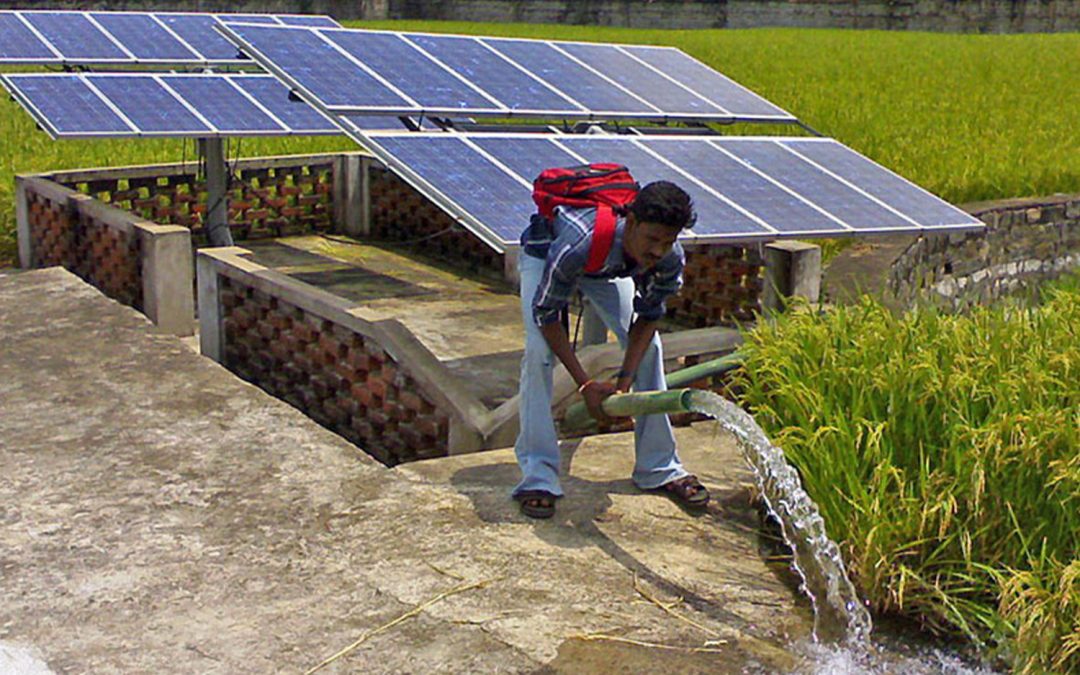Nigeria is a country with vast solar power/energy potential, but currently faces challenges in meeting its energy demands. With a population of over 200 million people and a rapidly growing economy, the need for reliable and sustainable energy is more important than ever. Solar power has emerged as a viable solution to Nigeria’s energy challenges, and in this blog post, we’ll explore why solar power is the future of energy in Nigeria.
First, let’s start with the basics. Nigeria is located in the tropics, which means it receives a lot of sunlight throughout the year. This makes it an ideal location for solar energy production. The use of solar power has been on the rise in Nigeria in recent years, with many individuals and businesses investing in solar panels to generate their own electricity. In addition, the Nigerian government has made efforts to promote the use of solar power, including launching the Nigerian Electrification Project, which aims to provide electricity to rural communities through the use of solar power.
One of the biggest advantages of solar energy in Nigeria is its potential to address the country’s energy poverty. According to the International Energy Agency, over 80 million Nigerians lack access to electricity. Solar power can provide a reliable source of electricity to these communities, particularly those in rural areas that are not connected to the national power grid. By generating their own electricity, these communities can improve their standard of living and create opportunities for economic development.
Advantages of Solar Power Energy in Nigeria
Another advantage of solar power in Nigeria is its cost-effectiveness. While the initial cost of installing solar panels can be expensive, the long-term savings can be significant. Once the panels are installed, they require very little maintenance and have a lifespan of up to 30 years. This means that over time, the cost of solar power can be much lower than traditional energy sources.
In addition to being cost-effective, solar power can also provide energy independence. By generating their own electricity, individuals and businesses can reduce their reliance on the national power grid and avoid the rising costs of electricity. This is particularly important for people living in rural areas or areas with unreliable power grids.
Solar power also has significant environmental benefits in Nigeria. The country is highly dependent on fossil fuels for energy production, which has led to significant air and water pollution. By reducing our reliance on fossil fuels, we can reduce greenhouse gas emissions and combat climate change. Solar energy is a clean and renewable source of energy that produces no air or water pollution. In addition, solar power does not require any water to generate electricity, unlike traditional energy sources that can be extremely water-intensive.
Moreover, solar power is versatile and can be used in a variety of applications in Nigeria. In addition to powering homes and businesses, solar energy can be used to power transportation. Electric cars and buses that are powered by solar energy are becoming more common, and solar-powered boats and airplanes are also being developed. In addition, solar power can be used in remote locations where it is difficult or impossible to connect to the power grid.
Finally, the advancement of solar technology has made it more efficient and affordable in Nigeria. The cost of solar panels has decreased significantly over the past decade, making it more accessible to individuals and businesses. In addition, new technologies, such as thin-film solar panels and concentrated solar power, have made solar energy even more efficient.
In conclusion, solar power is the future of energy in Nigeria. Its potential to address energy poverty, cost-effectiveness, energy independence, environmental benefits, versatility, and technological advancements make it a compelling choice for individuals and businesses alike. As Nigeria continues to look for more sustainable and eco-friendly sources of energy, solar power is sure to play a key role in the transition to a cleaner and more sustainable future.


